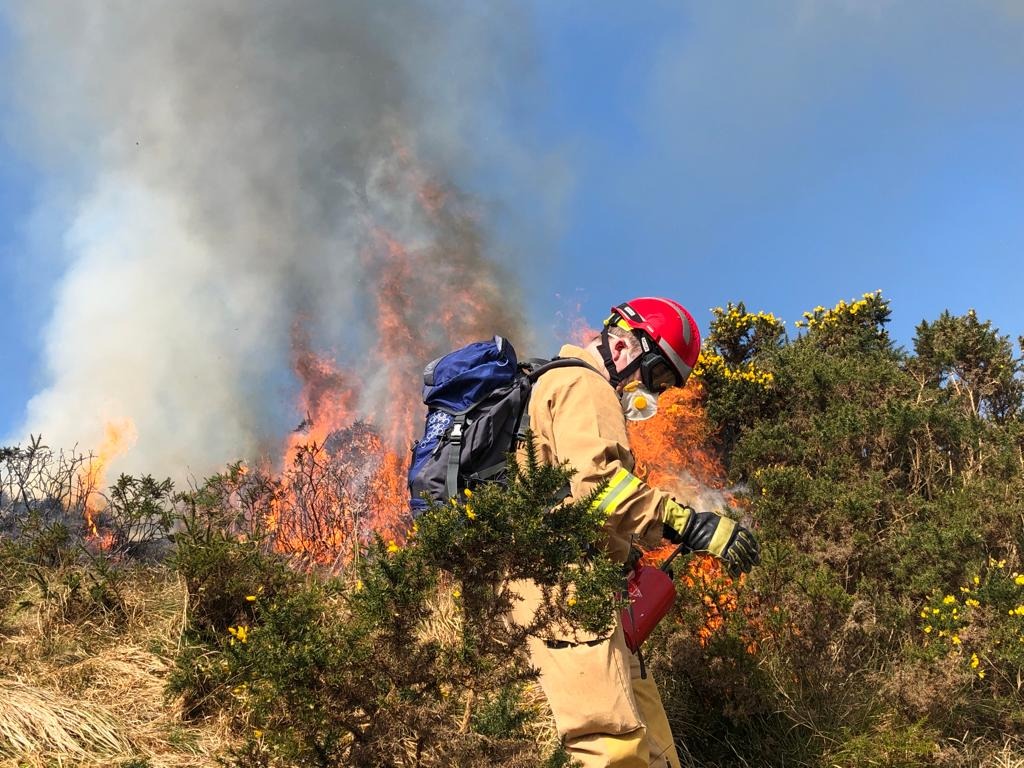Fire Safety Has No Boundaries
Fire does not discriminate between metropolitan towers and regional facilities. Yet many property managers in remote and regional areas underestimate their compliance obligations, believing that distance from regulators means distance from responsibility.
In reality, fire safety laws under the Building Code of Australia, Australian Standards, and state-based frameworks such as the Queensland Building Fire Safety Regulation apply everywhere.
Whether managing a rural healthcare centre, an industrial site on the edge of town, or accommodation in a regional hub, fire safety audits remain essential for compliance, insurance, and occupant protection.

The Unique Fire Safety Challenges in Remote and Regional Areas
Property managers outside metropolitan areas face conditions that can intensify both risk and compliance obligations:
- Limited Emergency Response Times
- Regional fire services often take longer to arrive. This increases reliance on internal fire systems, evacuation plans, and staff preparedness.
- Outdated evacuation diagrams or missing fire evacuation plans can be the difference between safe evacuation and tragedy.
- Regional fire services often take longer to arrive. This increases reliance on internal fire systems, evacuation plans, and staff preparedness.
- Bushfire Exposure
- Many regional properties sit in bushfire-prone zones. Auditors assess building materials, vegetation management, and readiness for extreme seasonal fire risks.
- Compliance requires not only internal systems but also external risk mitigation.
- Many regional properties sit in bushfire-prone zones. Auditors assess building materials, vegetation management, and readiness for extreme seasonal fire risks.
- Staff and Occupant Training Gaps
- Remote sites often rely on smaller teams, where turnover can leave staff untrained. Audits confirm that fire warden training and evacuation training are current.
- Without training, even the best systems fail under pressure.
- Remote sites often rely on smaller teams, where turnover can leave staff untrained. Audits confirm that fire warden training and evacuation training are current.
- Documentation Oversight
- The distance from regulators tempts some managers to neglect record-keeping. Missing occupier’s statements or incomplete logs are among the most common compliance breaches discovered during audits.
- The distance from regulators tempts some managers to neglect record-keeping. Missing occupier’s statements or incomplete logs are among the most common compliance breaches discovered during audits.
- Special Needs Registers in Isolated Locations
- Regional aged-care facilities, schools, or hospitals must keep the special needs register updated. In remote evacuations, ensuring vulnerable occupants are accounted for is critical to both compliance and safety.
- Regional aged-care facilities, schools, or hospitals must keep the special needs register updated. In remote evacuations, ensuring vulnerable occupants are accounted for is critical to both compliance and safety.

What Fire Safety Audits Cover in Regional Properties
The scope of a fire safety audit is the same everywhere, but its importance is amplified in remote settings.
Audit Focus
What It Means in Regional Areas
Fire Systems
Systems must be reliable since external help may be delayed. Testing records are critical.
Evacuation Plans
Plans must account for bushfire risks, extended exit times, and possible limited access roads.
Training Records
Staff must be trained to act independently without immediate emergency support.
Special Needs Register
Extra critical in aged care, schools, or hospitals where vulnerable occupants cannot self-evacuate.
Documentation
Proof of compliance protects managers when regulators are less physically present but still legally enforce compliance.
Why Compliance Still Applies Everywhere
Some property managers mistakenly believe regulators focus only on cities. This is incorrect. Compliance requirements extend to all buildings, regardless of location. Regulators may not inspect as frequently in remote areas, but when they do, the consequences for non-compliance are severe:
- Fines for missing occupier’s statements or incomplete testing records
- Orders to evacuate or suspend operations until compliance is restored
- Denied insurance claims following fire-related losses
- Liability claims if unprepared evacuations result in injury or loss of life
Geography does not grant exemptions. Compliance without limits means every building, everywhere, must meet the same fire safety obligations.

How Fire Auditors Support Remote and Regional Property Managers
At Fire Auditors, we bring compliance expertise to every setting — metro, regional, and remote. Our audit services:
- Review fire evacuation plans to confirm accuracy in local contexts
- Verify the special needs register for vulnerable occupants
- Check documentation such as the occupier’s statement and maintenance logs
- Assess staff readiness through fire warden training and evacuation training
- Provide tailored audit reports that consider the realities of regional risks, including bushfire exposure and longer emergency response times
- Be your FSA across your whole region
With our audits, property managers demonstrate compliance to regulators and insurers while ensuring occupant safety in conditions where every minute counts.

Compliance Without Limits
Location should never dictate safety. Whether in the heart of a city or at the edge of a regional town, compliance protects your building, your insurance coverage, and — most importantly — your people.
Secure compliance for every location: Schedule your fire safety audit with Fire Auditors. Our licensed team ensures your property is protected, compliant, and ready for any emergency.

